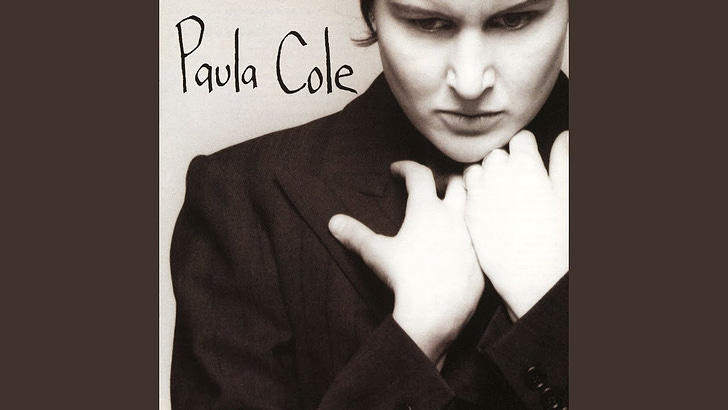Paula Cole’s debut album Harbinger was on heavy rotation for me in the 90s, especially the song “I Am So Ordinary.” It’s a sad and desperate song, one that equates being ordinary with being ignored and pushed aside, though we all know that ordinary things are necessary and hold their own value. In the song, the singer compares herself to her lover’s other girl, the one who meets the parents, the one who “looks like me but a bit prettier.” (Ouch.) But she also reminds her lover “I am the one you will call when alone/and I am the one who will give when she’s gone,” asserting her necessity, her value. But in the last chorus, the comparisons escalate to show a type of resignation:
She is your Holy Mary, and I am so ordinary She is your Queen Cleopatra, and I'm just your morning after She is your Star Spangled Banner, and I am just Frère Jacques
It’s a beautiful song, far from ordinary. If you don’t know it, give it a listen…
I read a lot of poetry, and there is no shortage of brilliant poems about traumatic and difficult life experiences. But many of my favorite poems live squarely in the realm of what some would call “ordinary.” The best poets can use the ordinary to reveal the layers underneath. One of my favorite poems that does this is Natasha Trethewey’s poem “Housekeeping.”
Housekeeping By Natasha Trethewey We mourn the broken things, chair legs wrenched from their seats, chipped plates, the threadbare clothes. We work the magic of glue, drive the nails, mend the holes. We save what we can, melt small pieces of soap, gather fallen pecans, keep neck bones for soup. Beating rugs against the house, we watch dust, lit like stars, spreading across the yard. Late afternoon, we draw the blinds to cool the rooms, drive the bugs out. My mother irons, singing, lost in reverie. I mark the pages of a mail-order catalog, listen for passing cars. All day we watch for the mail, some news from a distant place.
At first read, this poem may seem like a list of the ordinary things that surround the speaker’s family—broken chair legs, chipped plates, worn clothing, soap, neck bones, dust, rugs, bugs, ironing, a catalog, cars going by. However, the verbs in this poem are what make it sing—mourn, work, save, mark, watch. Those simple words turn the items and tasks into statements about loss, toil, frugality, imagination, practicality, joy, music, and hope, always hope. Only the speaker and the mother are mentioned, but there is the listening for the passing cars and waiting for news from far away, implying someone is gone or missed. There is no mention of economic circumstance, but the broken and worn things are all repaired, and no food is wasted. I used to ask my middle school students to answer the questions “What is the poem about?” and “What is the poem also about?” Yes, this poem is about the ordinary routines of a household, but it is so much more.
Since I retired, my days are often filled with the mundane: long walks, yard work, chores, making meals, watching movies, etc. Yet everyday, during those ordinary tasks, I find beauty. The heron at the lake unfurling his great wings. The tiny flowers hiding in the clover. The satisfaction of a freshly-swept floor. The fragrance of garlic and peppers on a chopping board. My husband’s laugh beside me on the couch. Who is to say that these are not deserving of a poem?
Prompts:
Make a list of tasks in which you engage regularly. They could be housekeeping tasks, like Trethewey’s, or cooking, spreadsheets, mowing the lawn, or carpooling your kids, whatever is a part of an ordinary routine for you. Write about a task from your list where the VERBS become the emotional core of the piece.
The etymology of the word “ordinary” comes from the Latin for “regular” or “orderly.” The etymology of the world “mundane” comes from the Latin for “world” meaning “of the world or of the earth.” If we put the two together, we get the concepts of a regular world or an orderly world. Brainstorm what a regular or orderly world would look like to you. Use that as a starting point for a story or poem.



I have a new top ten poem! I will be using this in class next month.